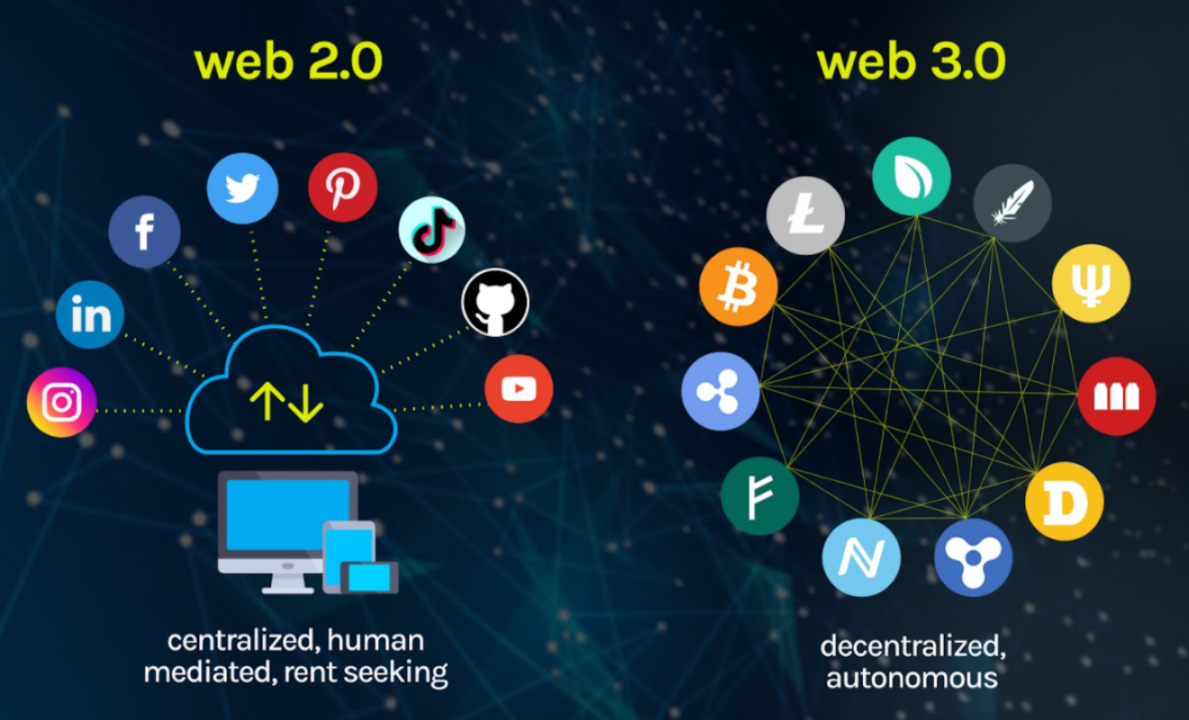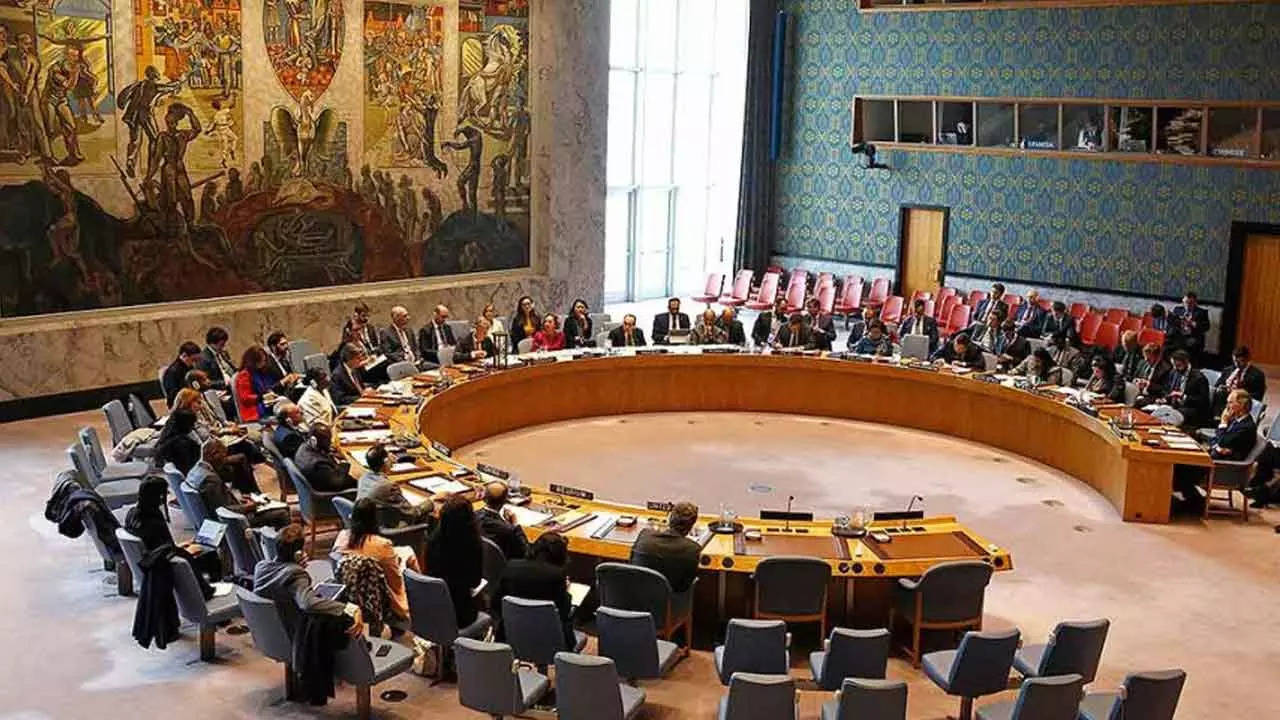Decentralization
 Sai Aneesh
Sai Aneesh
The internet, once a utopian vision of free and open information, has evolved into a centralized behemoth dominated by a handful of tech giants. This centralization has raised concerns about data privacy, censorship, and the potential for systemic failures. Decentralization offers a counterbalance to this trend, promising a more equitable, secure, and resilient digital world.
What is Decentralization?
Decentralization is the process of distributing power and control away from a central authority. In the context of technology, it involves distributing data, processing, and governance across multiple nodes or participants in a network. This contrasts with centralized systems, where a single entity controls the entire system.
The Importance of Decentralization
Data Privacy: Decentralization empowers individuals to control their own data, reducing the risk of data breaches and misuse.
Censorship Resistance: Decentralized systems are inherently resistant to censorship, as there is no single point of control that can be targeted.
Increased Security: Decentralization makes it harder for malicious actors to compromise the entire system, as there is no central point of failure.
Financial Inclusion: Decentralized finance (DeFi) has the potential to provide financial services to the unbanked and underbanked populations.
Empowerment: By giving individuals more control over their digital lives, decentralization promotes a more equitable and democratic internet.
Web3: The Decentralized Web
Web3, the next iteration of the internet, is built on the principles of decentralization. It aims to create a more open, secure, and user-centric online experience. Key technologies underpinning Web3 include blockchain, cryptocurrencies, and decentralized applications (dApps).

How Web3 Can Improve Our Lives
Financial Freedom: Decentralized finance (DeFi) platforms offer a wider range of financial services, potentially disrupting traditional banking systems.
Data Ownership: Individuals can own and control their data, preventing its exploitation by corporations.
Transparent Governance: Decentralized autonomous organizations (DAOs) enable community-driven decision-making without hierarchical structures.
Enhanced Security: Decentralized systems are inherently more resilient to attacks due to their distributed nature.
New Economic Opportunities: Web3 creates new business models and opportunities for individuals and businesses.
Challenges and Considerations
While decentralization offers significant advantages, it also presents challenges:
Scalability: Achieving scalability in decentralized systems can be complex and requires innovative solutions.
Complexity: Decentralized systems can be more complex to understand and manage compared to centralized ones.
Regulatory Uncertainty: The legal and regulatory landscape for decentralized technologies is still evolving, creating uncertainties.

Conclusion
Decentralization is a powerful force that has the potential to reshape the internet and improve our lives. While there are challenges to overcome, the benefits of a more open, secure, and user-centric digital world make it a compelling vision for the future. As Web3 continues to develop, we can expect to see even more innovative and transformative applications emerge.
Thank you for reading till here. If you want learn more then ping me personally and make sure you are following me everywhere for the latest updates.
Yours Sincerely,
Sai Aneesh
Subscribe to my newsletter
Read articles from Sai Aneesh directly inside your inbox. Subscribe to the newsletter, and don't miss out.
Written by
